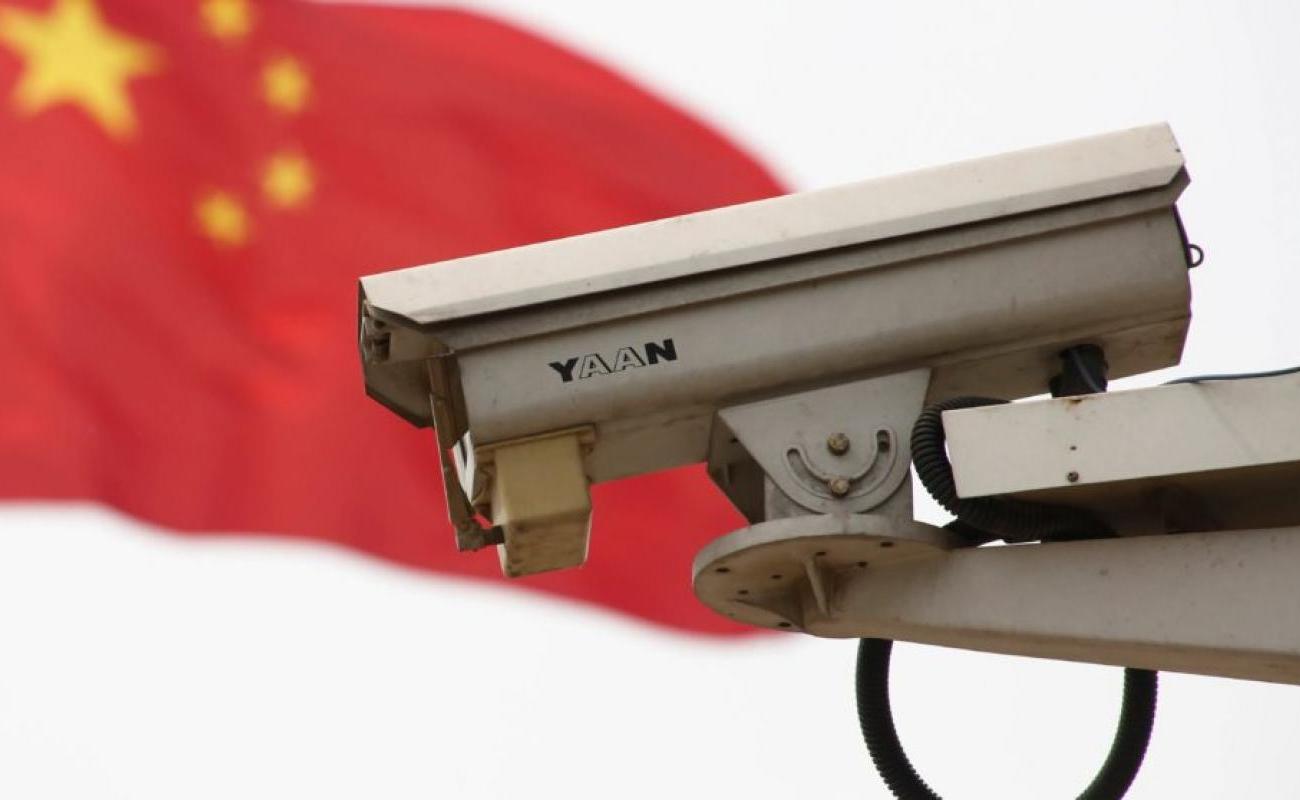How Serbia Became Blanketed In Chinese-Made Surveillance Cameras

OSECINA, Serbia -- Only 2,700 people live in central Osecina, a small town in western Serbia whose downtown consists of two simple intersections.
But over the last five years it -- along with the broader town of some 10,000 residents that administers it -- has become covered in Chinese-made surveillance cameras.
Like elsewhere in Serbian cities, towns, and villages, the cameras have been purchased and installed by municipal governments in the name of safety and security, with officials saying their presence will lower traffic violations, reduce crime, and make it easier for police to catch criminals.
But the scale and density of the spread of the surveillance system -- in Osecina, for example, there is one camera for every 100 inhabitants -- along with the legal question of deploying facial-recognition technology, a nontransparent procurement process, and limited information from Serbian authorities about how the systems are regulated, raises serious concerns about what the quiet expansion of cameras across the country means for Serbia's future.
A monthslong investigation by RFE/RL's Balkan Service dug into the procurement mechanisms for the video-surveillance systems in more than 40 cities and municipalities and found a complicated process behind the cameras' spread that has taken place with little public information or consultation with citizens.
Drawing upon public records, government documents obtained under freedom-of-information requests, expert interviews, and firsthand visits to the municipalities whose streets and public squares have been blanketed with the Chinese-made cameras, RFE/RL found that the expansion has been financed from local budgets -- not Belgrade's central budget under the auspices of the Interior Ministry -- an arrangement that might raise legal obstacles.
RFE/RL also found that 42 local governments surveyed have awarded their contracts exclusively to Macchina Security, a shadowy Serbian company increasingly active on the security goods and services market that has been winning tenders and importing Chinese-made surveillance technology into the country in recent years.
Limited public information is available on where all the cameras purchased have been deployed and how they are being used in Serbia, but documentation obtained by RFE/RL shows that at least 10 municipalities have bought cameras through Macchina Security with facial-recognition capabilities, an issue that has been a political flashpoint in Belgrade for years due to the cameras being deployed before the adoption of legal protections to regulate public-video surveillance and facial-recognition technology.
Nevena Ruzic, an expert on the protection of personal data who previously worked at the office of Serbia's Commissioner for Information of Public Importance and Personal Data Protection, told RFE/RL that the lack of regulation on video surveillance was a major legal issue facing the Balkan country and that the expansion of cameras in municipalities created legal conundrums as local governments have no clear mandate to use surveillance systems.
"Municipalities and cities can establish surveillance on their premises, but public areas for the purpose of preventing crimes or traffic safety are not within their purview," Ruzic said. "This means that [legally] they should not even be able to buy such equipment."
A Look At Macchina Security
It's unclear why Macchina Security has dominated the contracts for distributing Chinese-made surveillance equipment to Serbian towns and cities. In the 42 tenders for various Serbian municipalities viewed by RFE/RL, Macchina Security faced competition in only eight cases.
Macchina Security and the companies that competed against them declined multiple requests by RFE/RL for comment about the tender process.
According to the documentation obtained by RFE/RL, the Serbian government has approved 15 different types of cameras from various manufacturers from Poland, Australia, the United States, Italy, Slovakia, Hungary, and even a local Serbian company. Yet, the Chinese firm Dahua appears to have been chosen above the other options.
